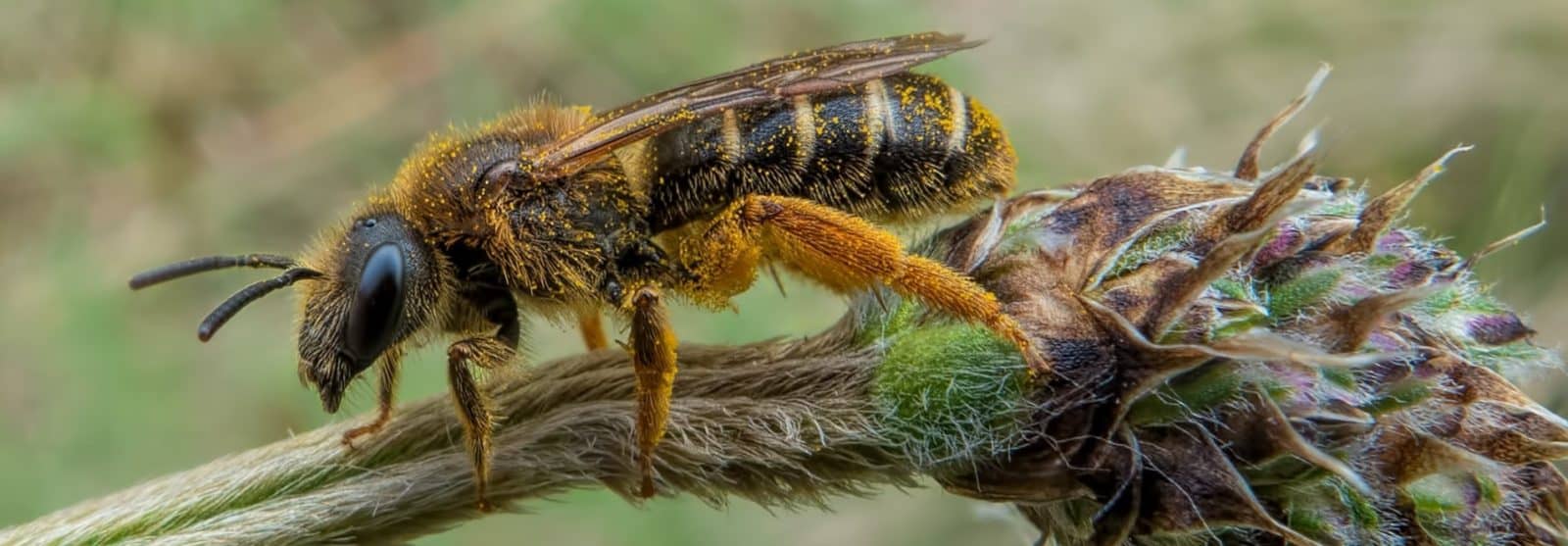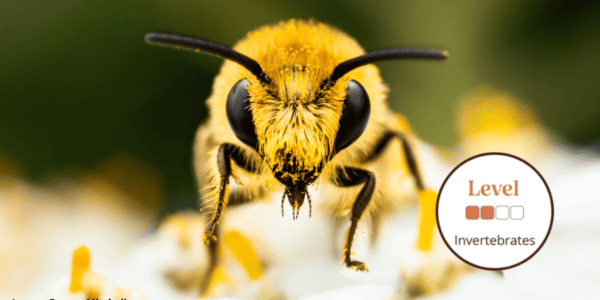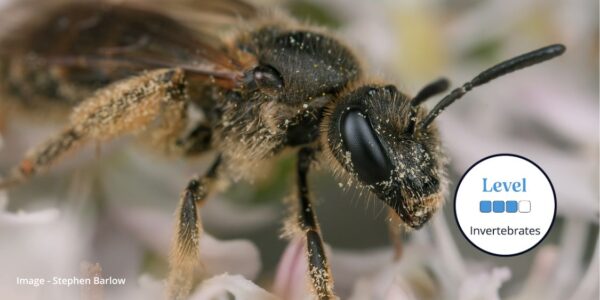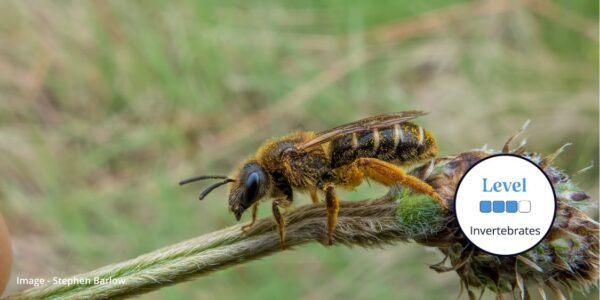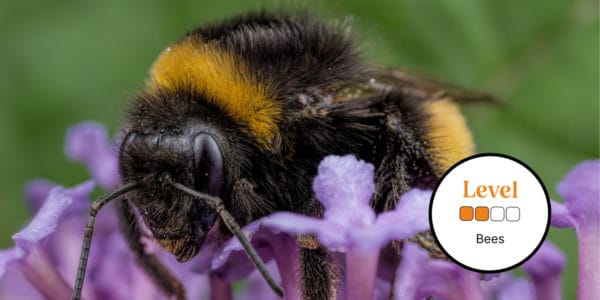This beginner course will introduce you to the threats bees are facing, and how conservationists and citizen scientists are taking action to reduce their decline. You can work through this course content and assignments at your own pace at a time that suits you.
Unfortunately, a huge proportion of the world’s bee fauna is in decline due to a combination of environmental and anthropogenic factors. This decline has generated intense interest in the conservation of bees and the ways we can protect populations from extinction.
What topics are covered in this course?
- Threats to Bees
- Bee Conservation
Please note, this course uses some content from previous runs of our ‘Bee Nesting Ecology and Conservation’ course.
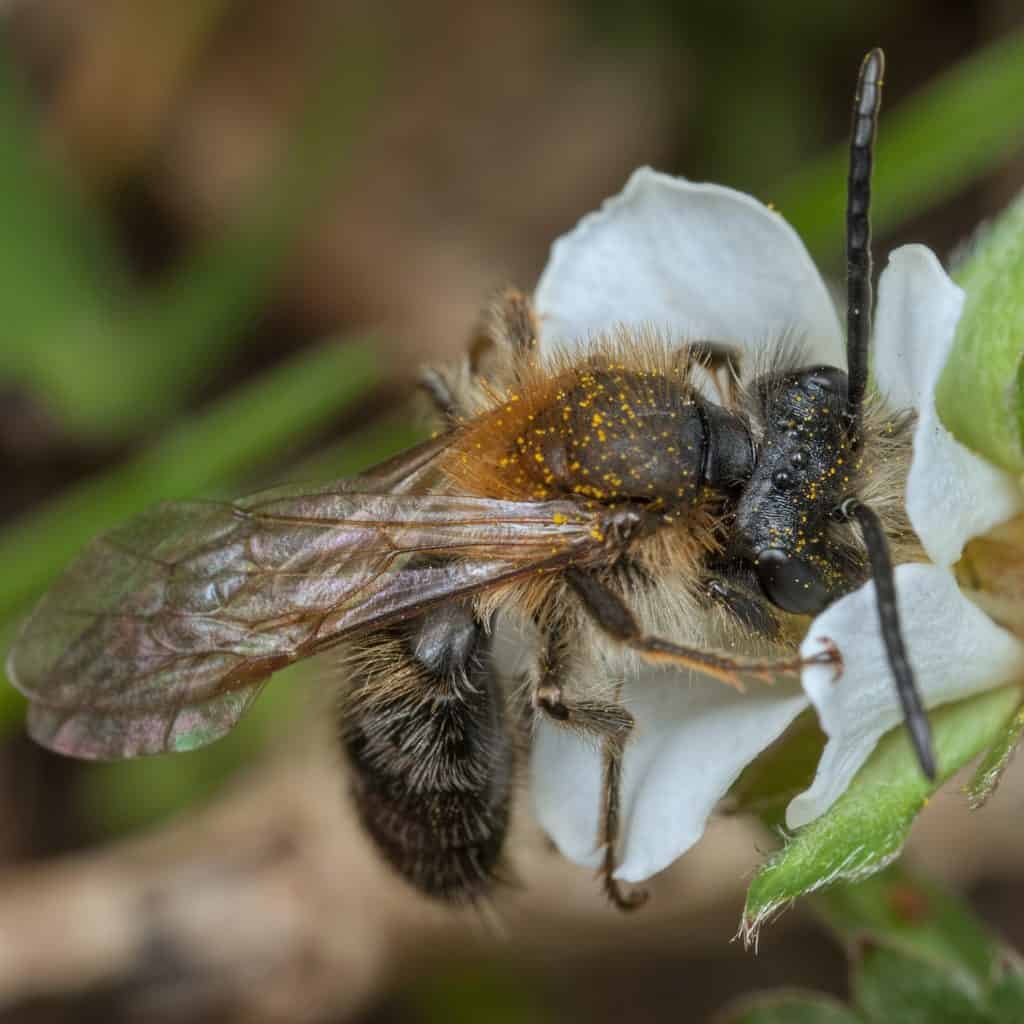
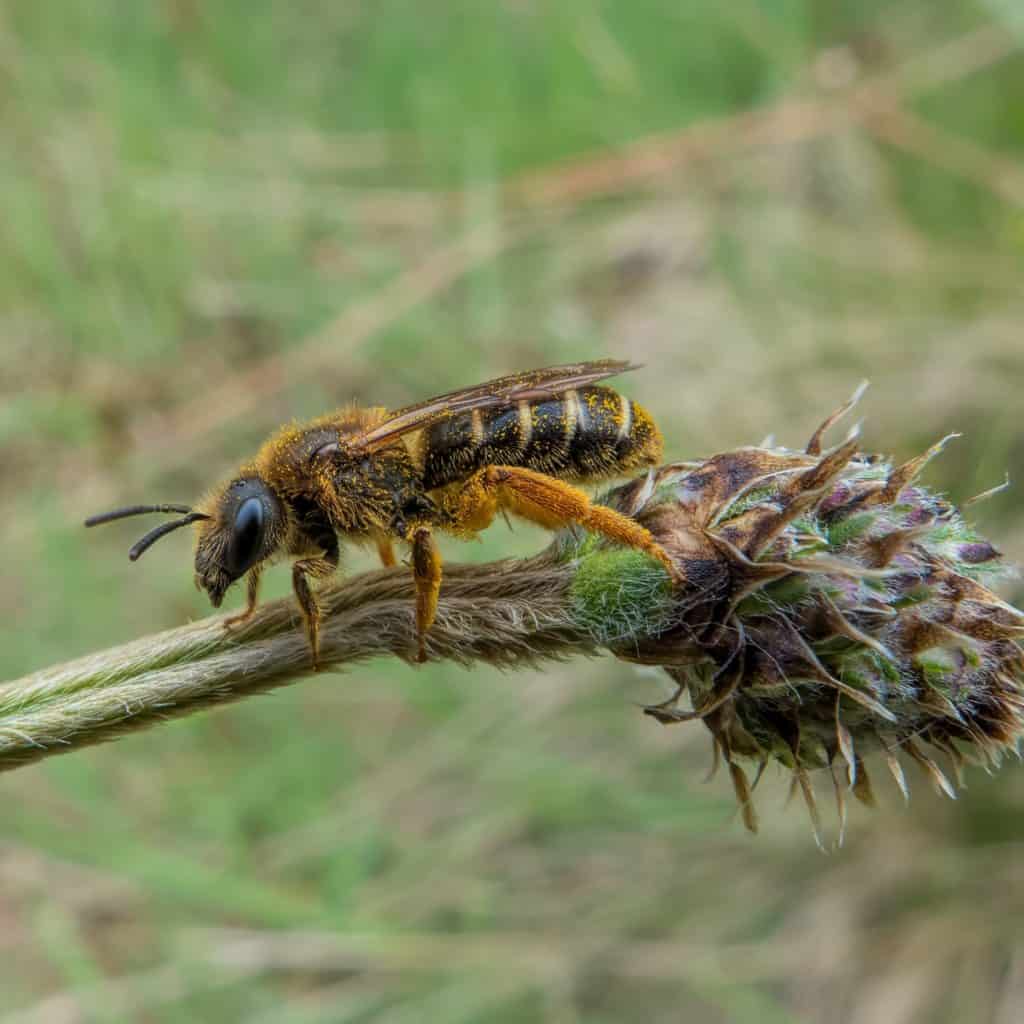
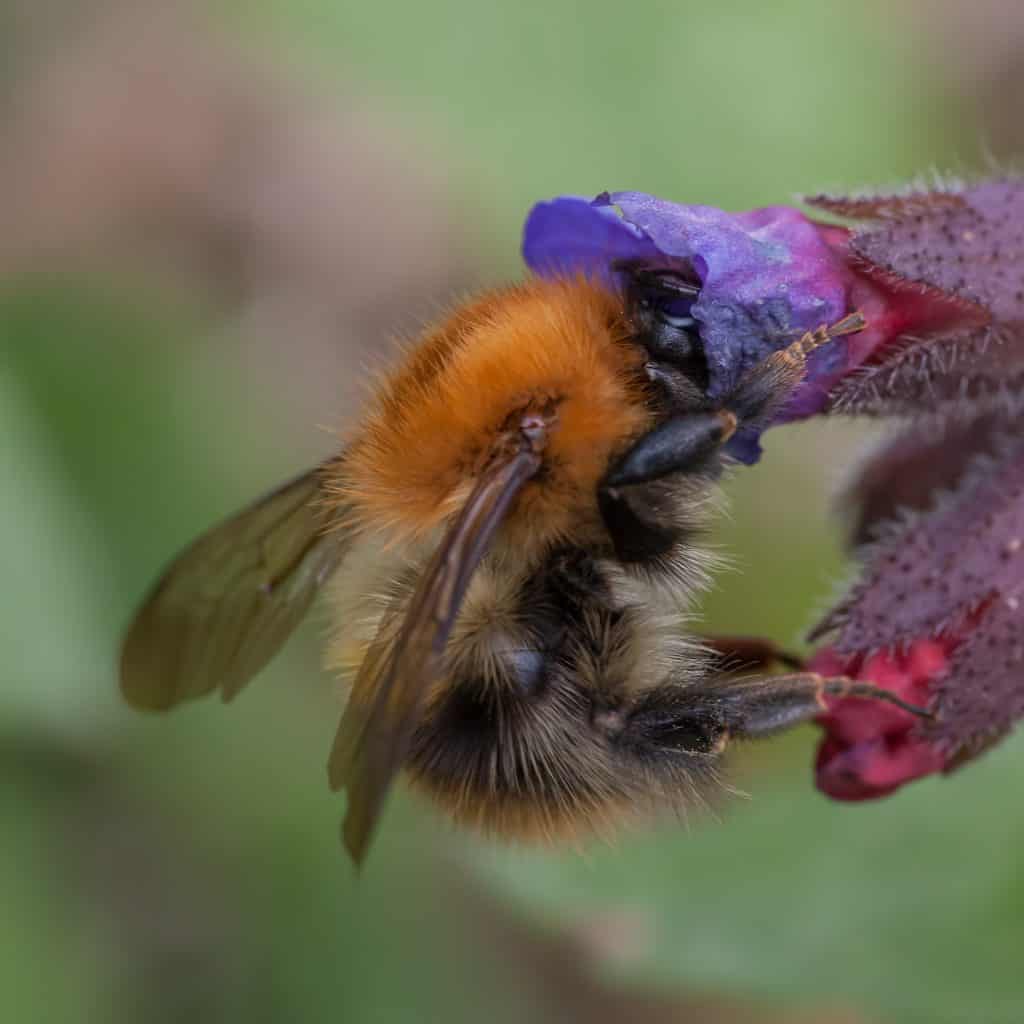
Read More
This self-study course consists of two topics that should take a maximum of 15 hours to complete. You can study through course materials and complete auto graded assignments, and you will receive an E-certificate upon completion.
Students are able to complete the content in their own time between the course run dates.
What is covered in this course?
- Threats to Bees provides an overview of the decline of bees within Europe and the UK and discusses some of the factors influencing it.
- Bee Conservation looks at some of the methods and management practices employed to help preserve populations of some of our most important pollinators. We also look at citizen science surveys and projects that have been undertaken within the UK.
By the end of this course you will be able to:
- An understanding of the factors affecting bee decline
- Give examples of interventions used to benefit bee populations.
Who Should Attend? – Nature enthusiasts, Students, Rangers, Early career ecologists, citizen scientists and aspiring entomologists.
Knowledge Level – Beginner. Level descriptors can be found on the following webpage: Framework and Course Level Descriptors.
Prior Knowledge – Existing knowledge and understanding of bee terminology is recommended for this course.
New to bees? We recommend completing Discovering bees before completing this course.
Please note that bookings will close 7 working days before the course start date to allow for all participants to be enrolled to the online platform – bookings will not be taken after this time. Bookings will close sooner if course capacity is reached.
Understand how our online courses are delivered.
Live Webinar Information
There are no webinars associated with this course.
Tutor Information
Aaron Bhambra
This course was developed with Aaron Bhambra, an entomologist from the West Midlands who has been studying insects for several years as a pollinator specialist and insect ecologist. His main interests are with ‘urban’ invertebrates and the countless fascinating species which can be found in towns and cities across the UK.
His previous research has focussed on solitary bees, developing habitats for these beneficial and often undervalued pollinators throughout Birmingham, with the Peoples Trust for Endangered Species and the British Entomological and Natural History Society. Aaron started his love for bees with the FSC as a volunteer on their BioLinks courses, before progressing through their learning pathway into a tutoring role. Aaron joined the FSC BioLinks project team as a project officer developing and delivering online bee courses before moving on to undertake a PhD studying pollinators.
Example Timetable
Topic 1: Bee threats
Self-study material available on the course start date
Topic 2: Bee Conservation
Self-study material is available at the course start date.
All activities and content are available until the designated course end date.
Time commitment: This course will require approximately 15 hours of your time. This includes covering course materials and activities on our Moodle learning platform.
What's Included
The course has been carefully created to help you continue to build on your knowledge as the course progresses. With content crafted to the online Moodle Platform and bespoke to the Field Studies Council.
The course includes:
- Two-topic online course for adults, with a maximum time commitment of 15 hours.
- Access to study content and auto-graded activities through our virtual learning platform.
- E-certificate upon course completion.
- Please note that this course is NOT a species identification course.
Once registered, you will follow well-illustrated, user-friendly ’books’ to pick up knowledge.
The course fee includes VAT.
Before You Attend
Recommended Devices
It is recommended that you access your course through a PC or laptop. Please be aware that there will be reduced functionality if you decide to access the course through a tablet or smartphone. The Field Studies Council is unable to email content directly to you.
How to login
Already attended an online course with ourselves?
Login into your Moodle account with your existing credentials and it will appear on your course dashboard automatically!
New to Field Studies Council online courses:
1. After confirming your purchase in your basket, the course will show on your course bookings page.
2. Click on the course title 'Bee Conservation'.
3. You will then be taken to the Field Studies Council Moodle login page.
Please note: This is different from the website used to make your booking and therefore uses a different username and password.
To generate your password
1. Go to the Moodle Login Page
2. Click on the 'forgotten username and password?
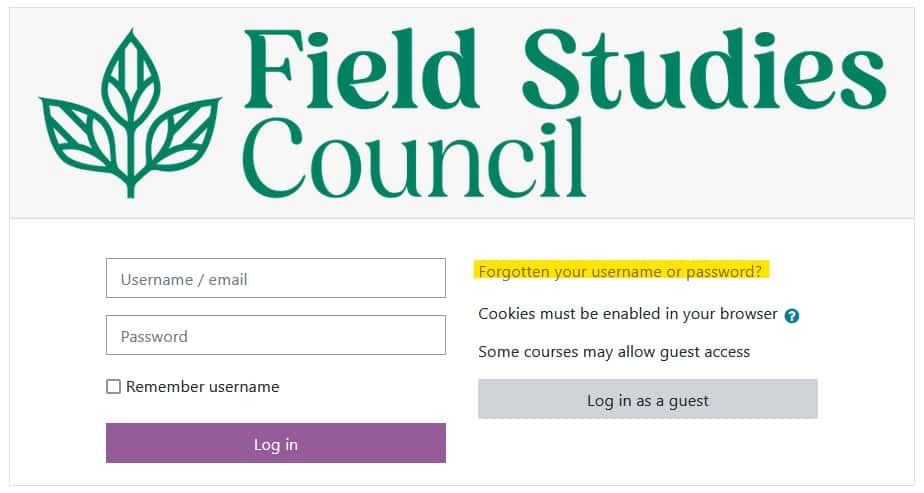
3. Type the email registered with (the one used by your Field Studies Council booking account) into the 'Search by email address' box and click search.
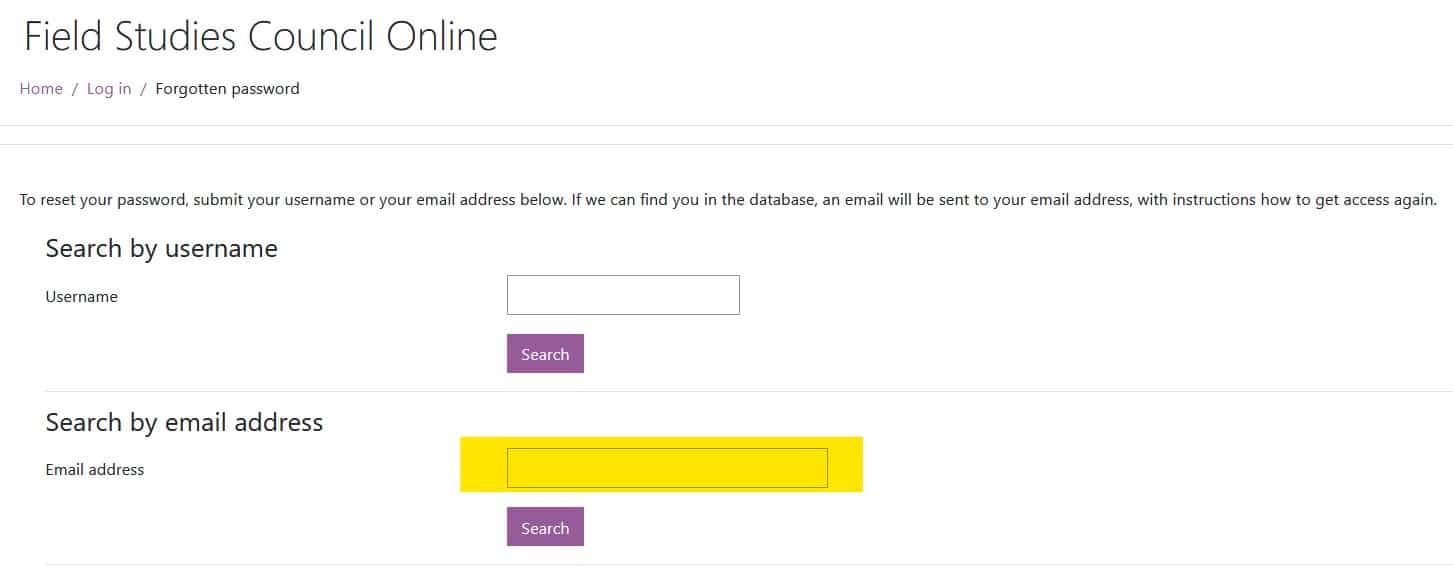
4. An email will appear in your inbox with a password reset link allowing you to log in within 60 minutes.
Still having issues?
Contact us at biodiversity@field-studies-council.org
Opportunities to attend this course
Progress Your Learning
This is a training course from the Field Studies Council, delivered by expert tutors with an approachable learning style. After attending this course, you may like to progress your learning with further relevant courses or branch out into other areas of natural history. The Field Studies Council offers both online and in-person courses, so you can choose the learning style that suits you best.
The course gives you the opportunity to immerse yourself in a new subject and acquire novel skills. Our online portal gives you time to study at your own pace and fit the lessons around your own schedule.
If you have any questions about our online courses please check our Frequently Asked Questions
Please email [email protected] if you have any questions.
Group Bookings Made Easy
If you have a group of 10 or more individuals wanting to complete one of our courses, our team are available to discuss your options – from discounts to private team courses. Find out more!
You can rest assured that the absolute best content from an expert in environmental education will be at your fingertips. In choosing a Field Studies Council course, you will be joining thousands of people who learn with us each year.

